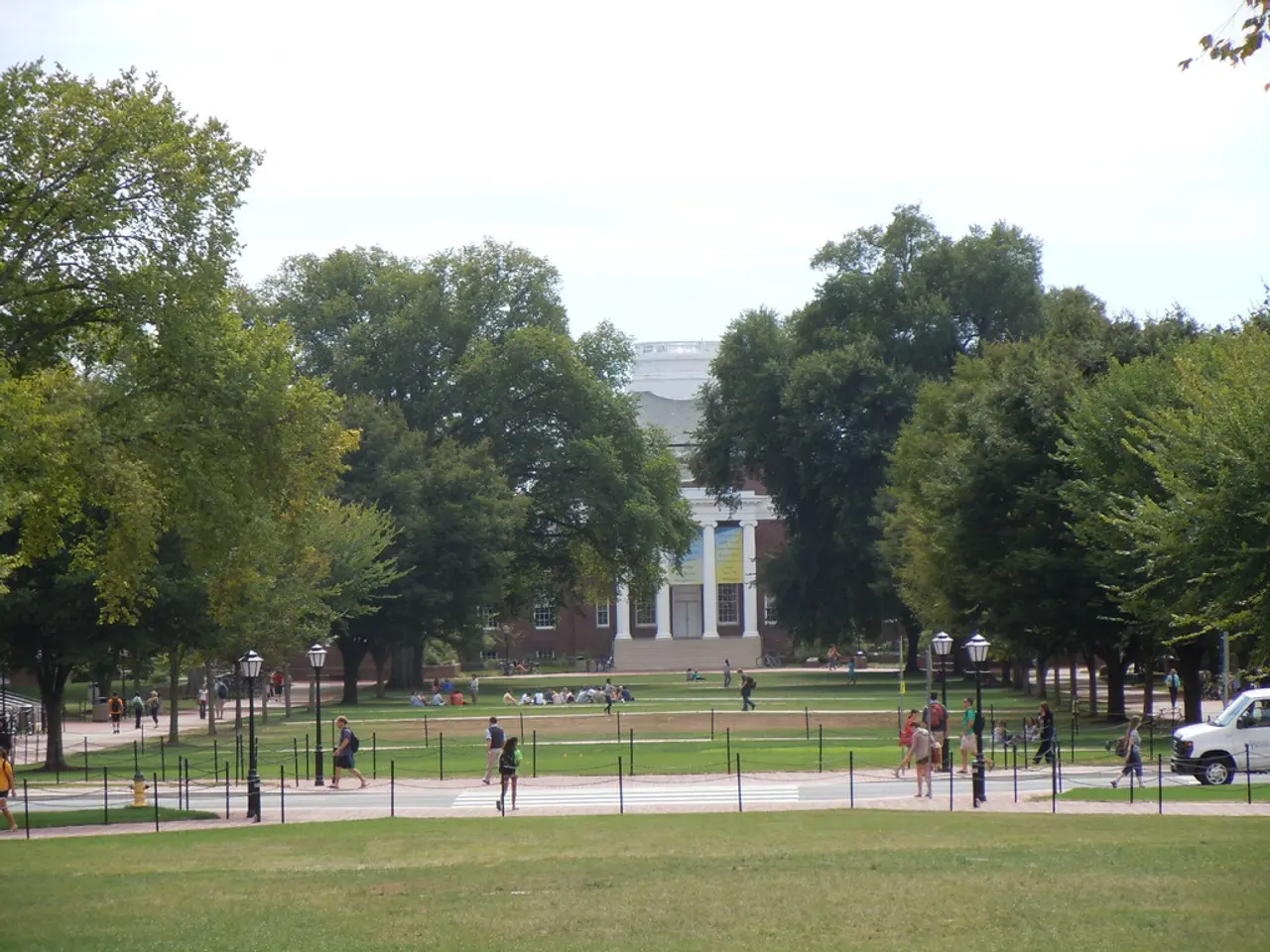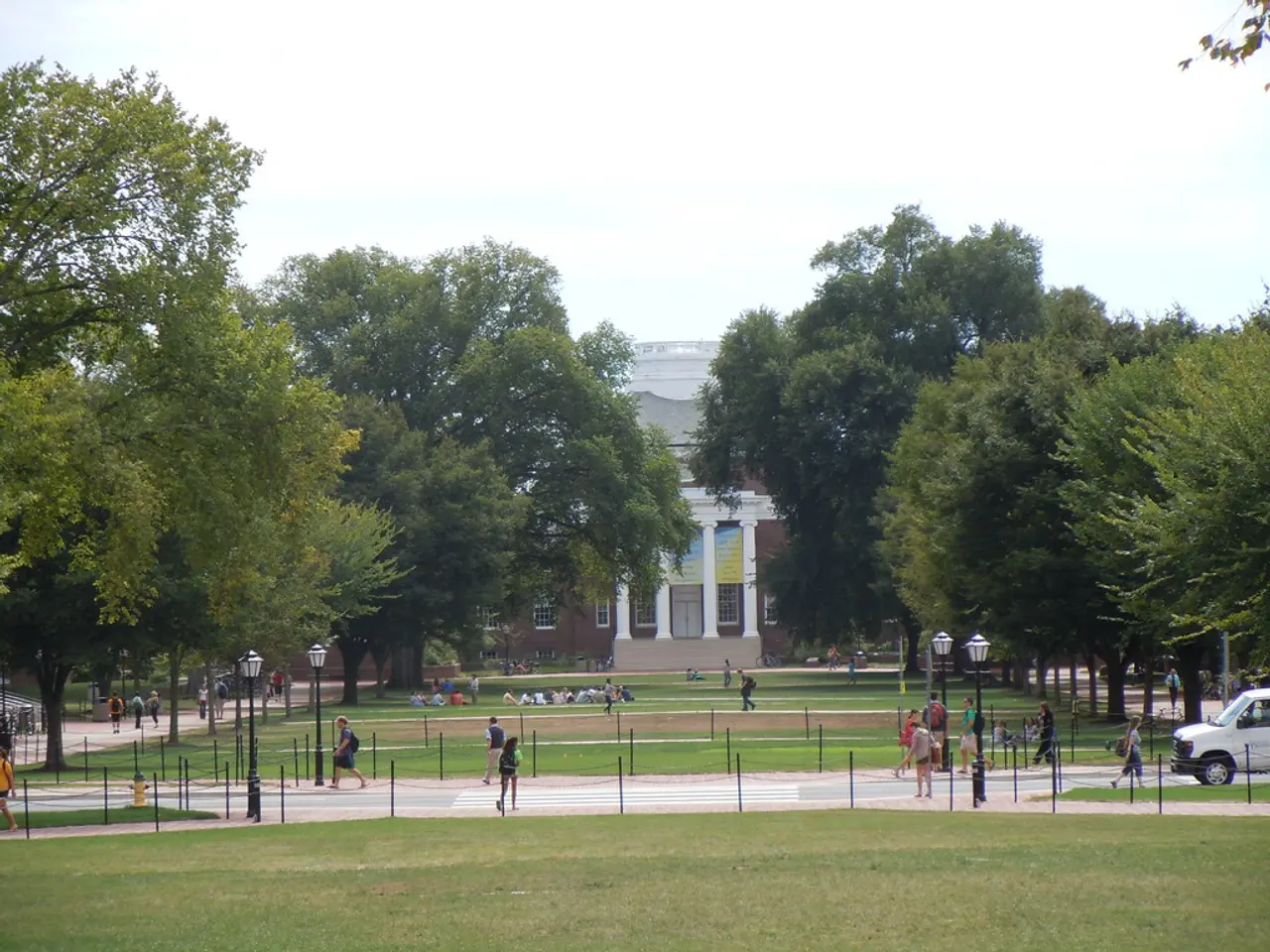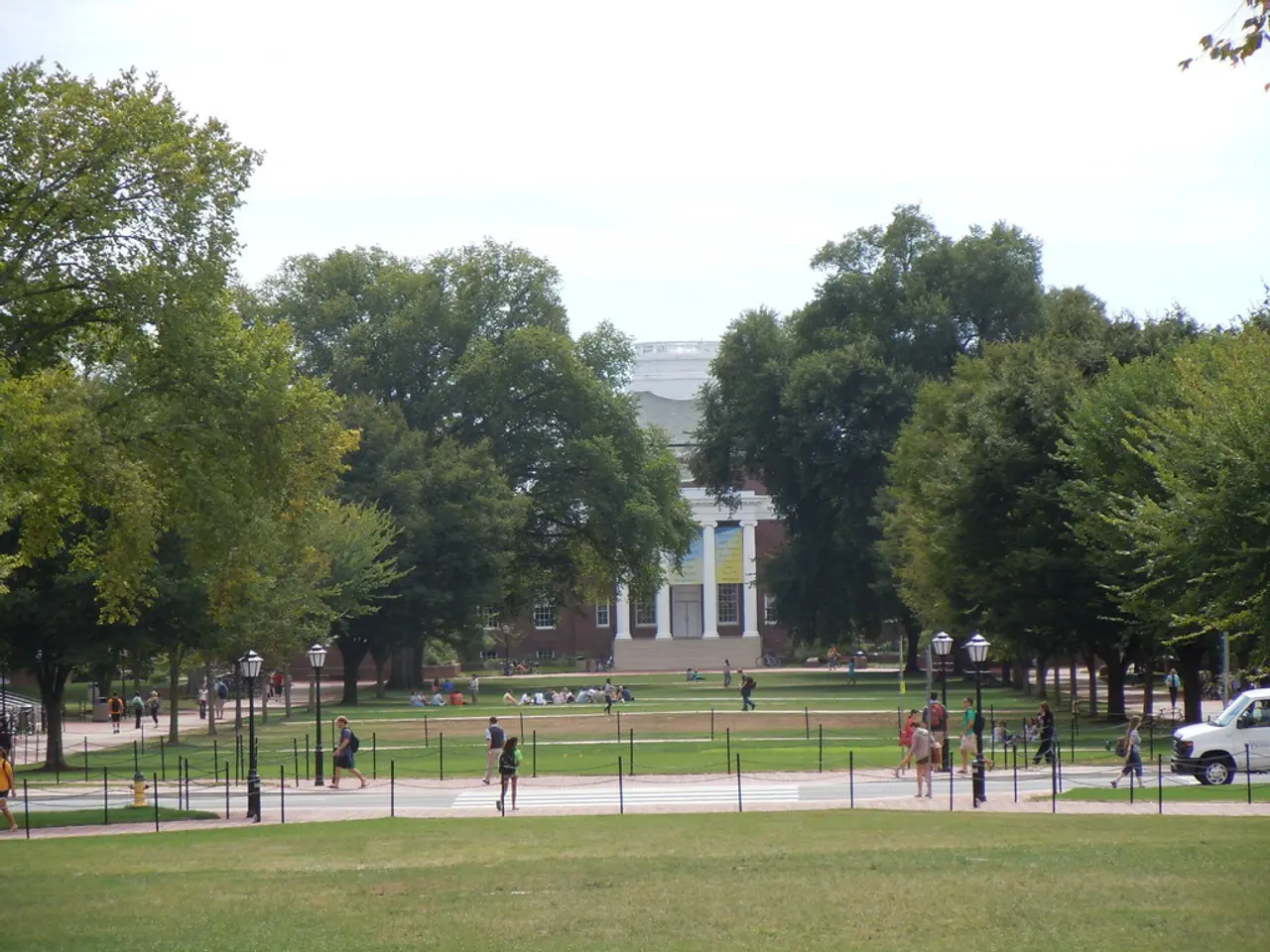Foreign student enrollments in the United States could decrease by 30-40% this fall. Here's the reasoning behind it.
The United States is experiencing a significant drop in international student enrollment, according to a new projection by NAFSA, an association of international educators. This decline, predicted to be around 30-40% for the upcoming academic session in September, would translate into a loss of 1,50,000 students over the previous year.
This trend is not unique to the current year. NAFSA's alarming new prediction follows a period of decline in international enrollment that began after the COVID-19 pandemic. The Secretary of State, Marco Rubio, issued a directive for stricter social media screening of student visa applicants, which may have contributed to the issue.
The embassies and consulates with the most reports of visa appointment cancellations or unavailability include India, Nigeria, Ghana, China, South Korea, and Japan. The major factor driving the decline is the visa processing backlog created by the lengthy suspension of new appointments during March and April this year.
The spring is a critical time for students seeking visas for the fall semester, and some US embassies are yet to resume scheduling appointments. This represents a loss of $7 billion to local US economies, and more than 60,000 jobs across the United States would be lost as a result.
NAFSA CEO Fanta Aw noted that this would be "one of the most significant drops in international enrollment in recent times" and described the losses as "self-inflicted." The top five countries that international students and scholars are turning to instead of the United States are the United Kingdom, Canada, Australia, China, and Germany.
The decline in enrollment is a concern for American universities, signalling a shift in how international students view their academic promise. There has been no transparency in what the consular officers are screening for, causing confusion and uncertainty among students.
The COVID-19 pandemic, rising U.S. higher education costs, expanded study opportunities elsewhere, and student visa delays and denials are likely factors contributing to the decline in international student enrollment. As the situation evolves, it is crucial for the U.S. to address these issues to maintain its status as a global leader in higher education.
- The decline in international student enrollment, a trend aggravated by the COVID-19 pandemic and worsened by stricter student visa scrutiny, has led to concerns in the domain of education-and-self-development and general-news.
- Politics also play a role in this issue, with the Secretary of State's directive for stricter social media screening potentially contributing to the international student enrollment drop and job losses in the United States.




